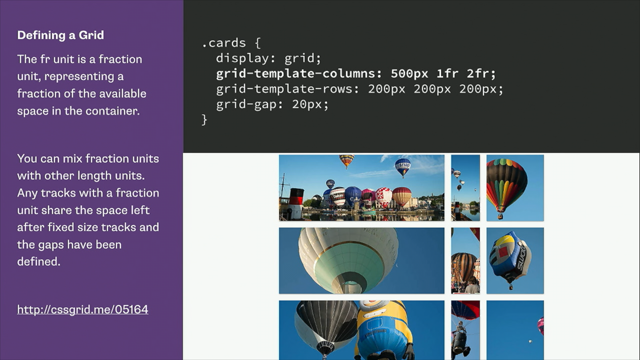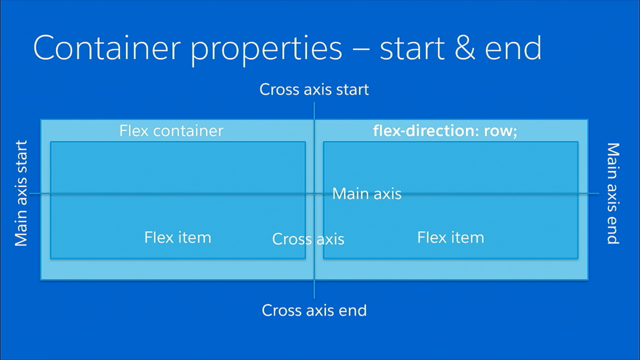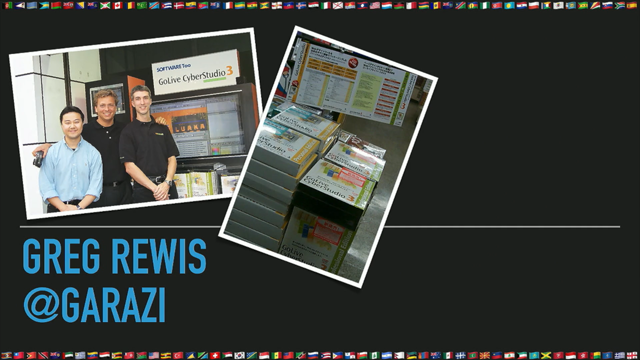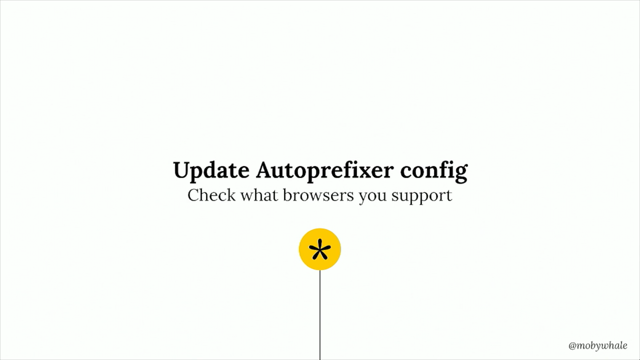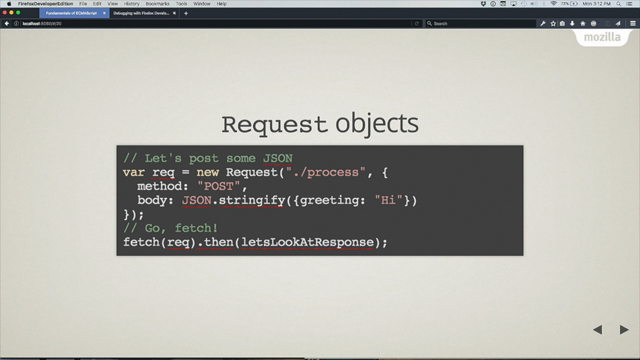Why I gave the world wide web away for free
October 8, 2025

was 34 years old when I first had the idea for the world wide web. I took every opportunity to talk about it: pitching it in meetings, sketching it out on a whiteboard for anyone who was interested, even drawing the web in the snow with a ski pole for my friend on what was meant to be a peaceful day out.
I relentlessly petitioned bosses at the European Organization for Nuclear Research (Cern), where I worked at the time, who initially found the idea “a little eccentric” but eventually gave in and let me work on it. I was seized by the idea of combining two pre-existing computer technologies: the internet and hypertext, which takes an ordinary document and brings it to life by adding “links”.
I believed that giving users such a simple way to navigate the internet would unlock creativity and collaboration on a global scale. If you could put anything on it, then after a while, it would have everything on it.
Source: Why I gave the world wide web away for free | Technology | The Guardian
Tim Berners-Lee radically transformed the world through an act of enormous generosity and vision. It wasn’t the creation of the technologies of the World Wide Web. At the time, in the late 80s and early 90s, hypertext was an area of great interest and excitement both amongst researchers and in terms of commercial applications.
Indeed, Berners-Lee’s initial World Wide Web proposal wasn’t met with tremendous enthusiasm by the hypertext community.
But in no small part due to the generosity of his, and CERN’s and a much less well-known Robert Cailliau’s act of radical generosity, the world got an open and free set of technologies (initially HTML, HTTP) that transformed the internet into something that reached almost everyone on earth. It has reformed—not always for the better—everything from commerce to politics to the way we interact across the street and around the world.
I won’t lay any of the bad that’s come from the web at Berners-Lee and CERN’s feet. They are the actions of individuals and organisations who took this immensely generous gift and enclosed it, using it for their own particular purposes.
Here Berners-Lee describes why he gave away the World Wide Web for free.
Many, many, many people have benefited financially far more than Berners-Lee, but none of those have had the impact for good that he has had.
The ancient Greeks had the concept of a eudaemonia–”a life of meaning, purpose, and virtue rather than mere pleasure or fleeting happiness”. I hope and expect Berners-Lee to have many more years with us. He’s still working on very interesting ideas, like Solid. But I think even at this point of his life, we can look upon it as a life of meaning and purpose and we can only hope, certainly I do, to emulate it at least in some small way.

